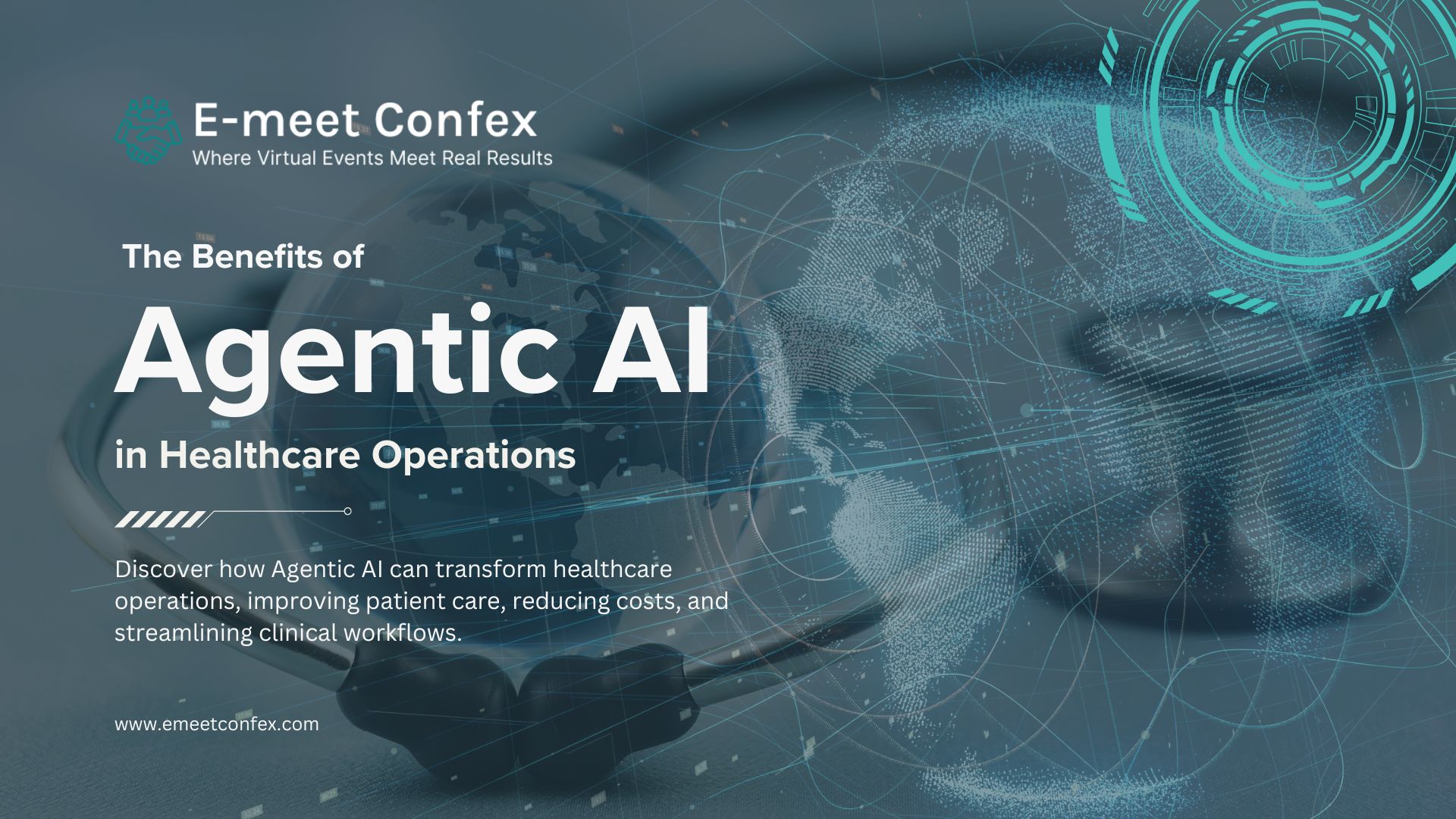The Benefits of Agilent AI in Healthcare Operations
Table of Contents

The Benefits of Agentic AI in Healthcare Operations
The healthcare industry is on the cusp of a revolution, driven by the transformative power of Agentic AI. This cutting-edge technology is poised to unlock unprecedented levels of efficiency, excellence, and innovation in healthcare operations. In this article, we’ll explore the benefits of Agentic AI in healthcare operations, highlighting its potential to streamline processes, improve patient outcomes, and reduce costs.
What is Agentic AI?
Agentic AI refers to artificial intelligence systems that can analyze vast amounts of data, identify patterns, and make predictions, enabling healthcare professionals to focus on high-value tasks. By leveraging machine learning algorithms and natural language processing, Agentic AI can help healthcare organizations optimize their operations, improve patient care, and reduce costs.
Benefits of Agentic AI in Healthcare Operations
- Streamlined Clinical Workflows: Agentic AI can automate routine tasks, such as data entry, documentation, and scheduling, freeing up healthcare professionals to focus on more complex and high-value tasks.
- Predictive Analytics: Agentic AI-powered predictive analytics can help healthcare professionals identify high-risk patients, enabling early interventions and improving patient outcomes.
- Improved Patient Care: Agentic AI can help healthcare professionals develop personalized care plans, tailored to individual patient needs, improving patient satisfaction and outcomes.
- Reduced Costs: Agentic AI can help healthcare organizations optimize their resources, reducing waste and costs associated with manual data entry, paperwork, and other administrative tasks.
- Enhanced Patient Engagement: Agentic AI-powered chatbots and virtual assistants can provide patients with personalized support, education, and guidance, improving patient engagement and satisfaction.
Real-World Applications
- Clinical Decision Support: Agentic AI-powered clinical decision support systems can provide healthcare professionals with real-time insights and recommendations, enabling informed decision-making.
- Patient Risk Stratification: Agentic AI-powered patient risk stratification can help healthcare professionals identify high-risk patients, enabling early interventions and improving patient outcomes.
- Operational Efficiency: Agentic AI can help healthcare organizations optimize their operations, reducing waste and costs associated with manual data entry, paperwork, and other administrative tasks.
Agentic AI in Clinical Settings
Agentic AI can be applied in various clinical settings, including:
- Emergency Departments: Agentic AI can help emergency department staff prioritize patients, allocate resources, and make informed decisions.
- Intensive Care Units: Agentic AI can help ICU staff monitor patients, predict potential complications, and optimize treatment plans.
- Primary Care: Agentic AI can help primary care physicians develop personalized care plans, improve patient engagement, and reduce costs.
Challenges and Limitations
- Data Quality and Integration: Agentic AI requires high-quality, integrated data to function effectively.
- Regulatory Frameworks: Clear regulatory frameworks are needed to ensure the safe and effective deployment of Agentic AI in healthcare operations.
- Cybersecurity: Agentic AI systems must be designed with robust cybersecurity measures to protect sensitive patient data.
Future Directions
- Integration with Wearables and IoT Devices: Agentic AI can be integrated with wearables and IoT devices, enabling real-time monitoring and analysis of patient data.
- Expansion to New Care Settings: Agentic AI can be applied to new care settings, such as home care, enabling more efficient and effective care delivery.
- Development of New Applications: Agentic AI can be used to develop new applications, such as personalized medicine, enabling more precise and effective treatment plans.
Conclusion
Agentic AI has the potential to transform healthcare operations, unlocking unprecedented levels of efficiency, excellence, and innovation. By streamlining clinical workflows, improving patient care, and reducing costs, Agentic AI can help healthcare organizations deliver high-quality care, while improving patient satisfaction and outcomes. As the healthcare industry continues to evolve, it’s essential to harness the power of Agentic AI to drive innovation and excellence in healthcare operations.
Frequently Asked Questions
- What is Agentic AI?: Agentic AI refers to artificial intelligence systems that can analyze vast amounts of data, identify patterns, and make predictions, enabling healthcare professionals to focus on high-value tasks.
- How can Agentic AI improve patient care?: Agentic AI can help healthcare professionals develop personalized care plans, tailored to individual patient needs, improving patient satisfaction and outcomes.
- What are the benefits of Agentic AI in healthcare operations?: Agentic AI can streamline clinical workflows, improve patient care, and reduce costs, enabling healthcare organizations to deliver high-quality care while improving patient satisfaction and outcomes.
How it Works?
-
Collects content online in advance. -
Provides live and on-demand access. -
Fosters engagement through polling and networking. -
Enables sponsors to showcase products and generate leads.
Virtual networking opportunities are the lifeblood of online conferences. Designing flexible platforms and dedicated spaces for attendees to connect helps forge professional relationships and industry partnerships. From virtual coffee breaks to digital networking lounges, creating informal online environments where people can interact freely is crucial for building lasting connections in a digital world.
Post Tags:
Share: